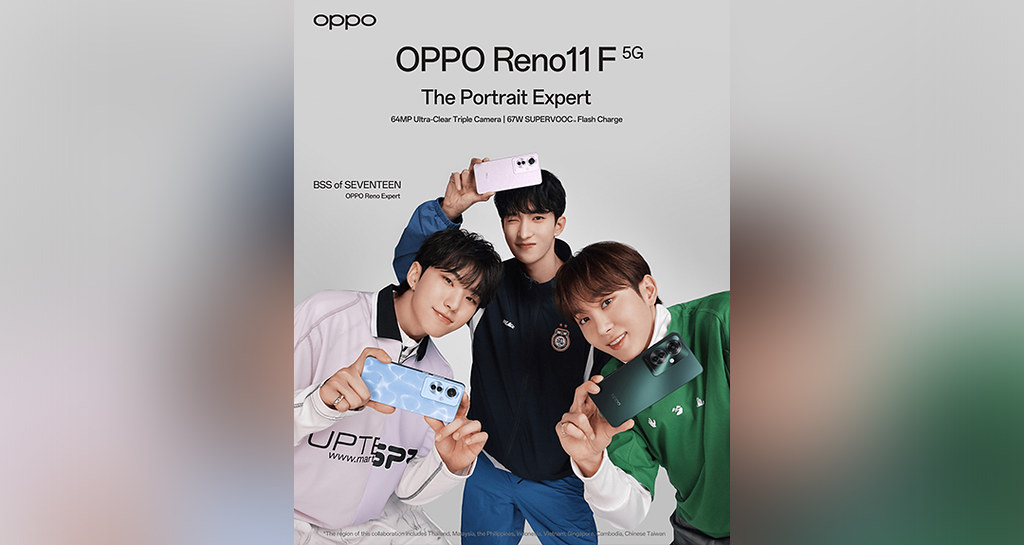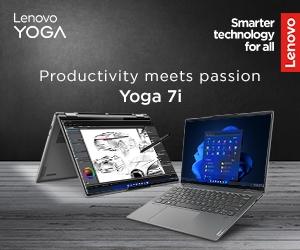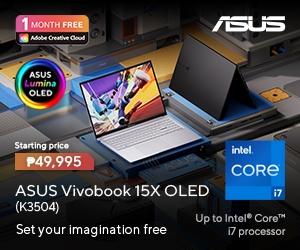Having launched their first Moverio smart glasses model in Southeast Asia in 2012, Epson has since continued to expand their product range and has recently introduced their latest models—the BT-350 and BT-2200. These offer video and access to new AR experiences for a variety of commercial and industrial market applications, respectively.
These include healthcare, where Moverio smart glasses are helping surgeons and clinicians concentrate fully on their patients by freeing them from manually handling data, allowing them to focus on their often complex tasks. Dentists, too, find their work is greatly aided by Moverio, using the smart glasses to provide a precise heads-up overlay of their patient’s teeth. This enables better hand-eye coordination and a more precise treatment time.
“Deploying AR will enable more efficient processes by enhancing the reality of the user, so they’ll be able for example to maintain an engine or a complex electrical board in an intuitive and easy way,” said Amy Kwa, Epson’s regional manager for Visual Products. “They’ll be able to see inside the device and act on the information there and then.”
The user’s choice of smart glasses will depend on their purpose. Key considerations include their ability to deliver digital information crisply and legibly, but also on their weight and comfort.
For use in applications such as healthcare or at museums, galleries and tourist destinations where they can provide background data on whatever the visitor is viewing, the components must be packaged into a lightweight and compact format. Operational management is also a consideration for such environments, where a multiple-device management dock or admin software could be ideal.
But when operators are using the glasses in a heavy industrial job site that may also be hot and cramped, it is crucial that they are not a distraction. The glasses need to be in a headset format secured with a firm headband, or even adjustable to fit over a safety helmet, for workplaces where these are mandatory.
Smart glasses, of course, do not have prescription lenses, so it is important that they can fit comfortably over the wearer’s normal glasses in every environment.












